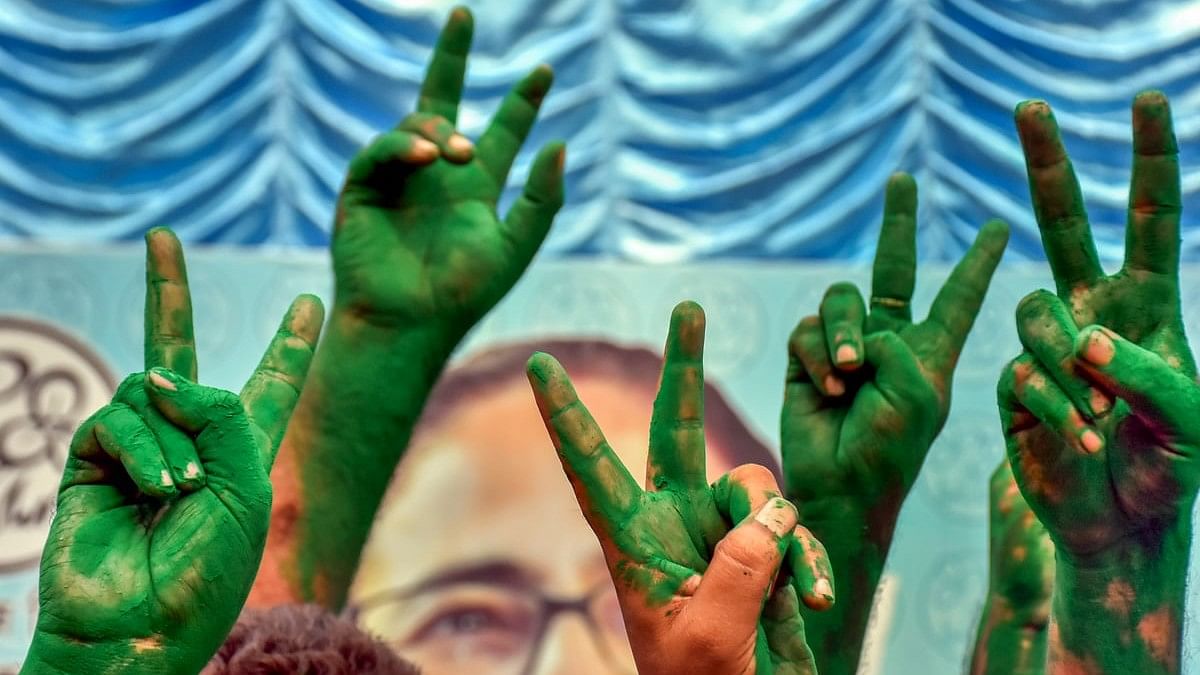
Sharmistha Panoli's Arrest: A Challenging Moment for Democracy and Free Speech
The recent arrest of Sharmistha Panoli, a 22-year-old law student and Instagram influencer, by the Kolkata Police has ignited a fierce debate about free speech and its implications for democracy in West Bengal. Sharmistha was taken into custody in Gurugram for allegedly making communal remarks in an Instagram video, which has now been deleted. This video reportedly targeted Bollywood actors and was said to hurt religious sentiments, especially concerning the divisive topic of Operation Sindoor.
After her arrest, Sharmistha Panoli was brought before the Alipore court, where she was remanded into judicial custody until June 13, 2025.
Public reaction to Sharmistha Panoli's arrest has been nothing short of explosive. It has sparked a nationwide conversation about the boundaries of free speech in India, particularly regarding the treatment of those who express controversial opinions on social media. Many activists and supporters are voicing their concerns that her arrest is a direct infringement on democratic rights and freedom of expression.
Furthermore, there are growing worries about selective law enforcement in West Bengal. Critics argue that the government appears to target individuals based on their views, particularly when those opinions challenge the status quo or question influential figures. In response to these issues, a robust online movement has emerged in support of Sharmistha Panoli, with calls for her release and a renewed emphasis on protecting free speech in a democratic society.
This incident highlights the ongoing tensions within India surrounding freedom of expression, social media, and the delicate balance the government must maintain between public sentiment and individual rights. For more information, you can visit The Times of India.
Concerns Over Targeting Hindus in Murshidabad: Implications for TMC's Politics

The recent developments in Murshidabad, particularly surrounding the case of Sharmistha Panoli, have sparked serious conversations about communal tensions and the political landscape in West Bengal. Allegations suggest that Hindus are being targeted in this region, a claim prominently voiced by the Bharatiya Janata Party (BJP), which accuses the Trinamool Congress (TMC) of orchestrating this violence for electoral gains.
Reports emerged that the violence coincided with protests over the Waqf Amendment Bill, raising alarms about the TMC's alleged complicity in fostering communal discord. The BJP highlighted findings from a Calcutta High Court probe that supposedly implicates TMC leaders, noting a failure to intervene effectively as violence escalated, leading to accusations of targeted attacks against Hindus. This situation underscores a troubling dynamic where electoral politics seem to manipulate communal identities.
Particularly alarming is the plight of female victims in these instances of communal violence. The National Commission for Women (NCW) has shared disturbing testimonies illustrating not just the brutal attacks but also the specific targeting of women. These reports emphasize a dire need for safeguarding women's rights and safety during such tumultuous times.
Sharmistha Panoli's arrest enhances the already intense debate over freedom of speech. Her remarks led to allegations that the government is selectively enforcing laws against dissenters, raising pertinent questions about political motives behind such actions.
In conclusion, the targeting of Hindus in Murshidabad, alongside Panoli's arrest, intertwines with broader communal dynamics and political strategies. This situation not only poses challenges for governance but also highlights deeper societal divides that require urgent attention and resolution. For more detailed insights into this situation, read here.
